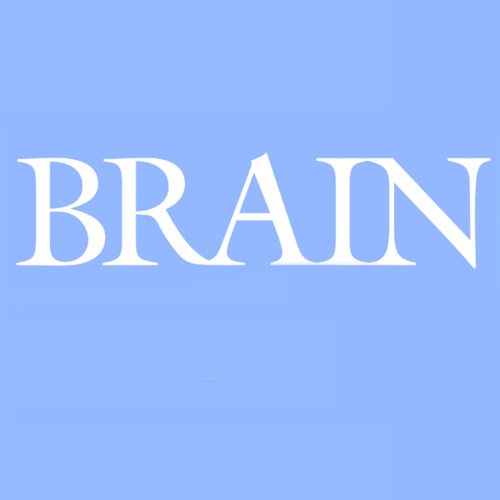Key points from article :
Scientists have developed a clock that tells how accelerated ageing in the brain is linked to dementia.
It will shed light on how swiftly people age, and how prone they are to diseases of old age.
Scientists used human brain tissue samples to develop the clock.
They tested their model in a collection of 1,221 human brain and 1,175 blood samples.
“…we can apply the clock to donated brain tissue to help us learn more about the factors involved in brain diseases…” said Professor Jonathan Mill.
The team analysed an epigenetic marker in the brain region involved in cognition and implicated in diseases.
These epigenetic markers– which tells genes to switch on or off -have been used to develop epigenetic clocks.
Such clocks are used to identify differences between chronological age and biological age in health and disease.
Research by University of Exeter published in the journal Brain.






